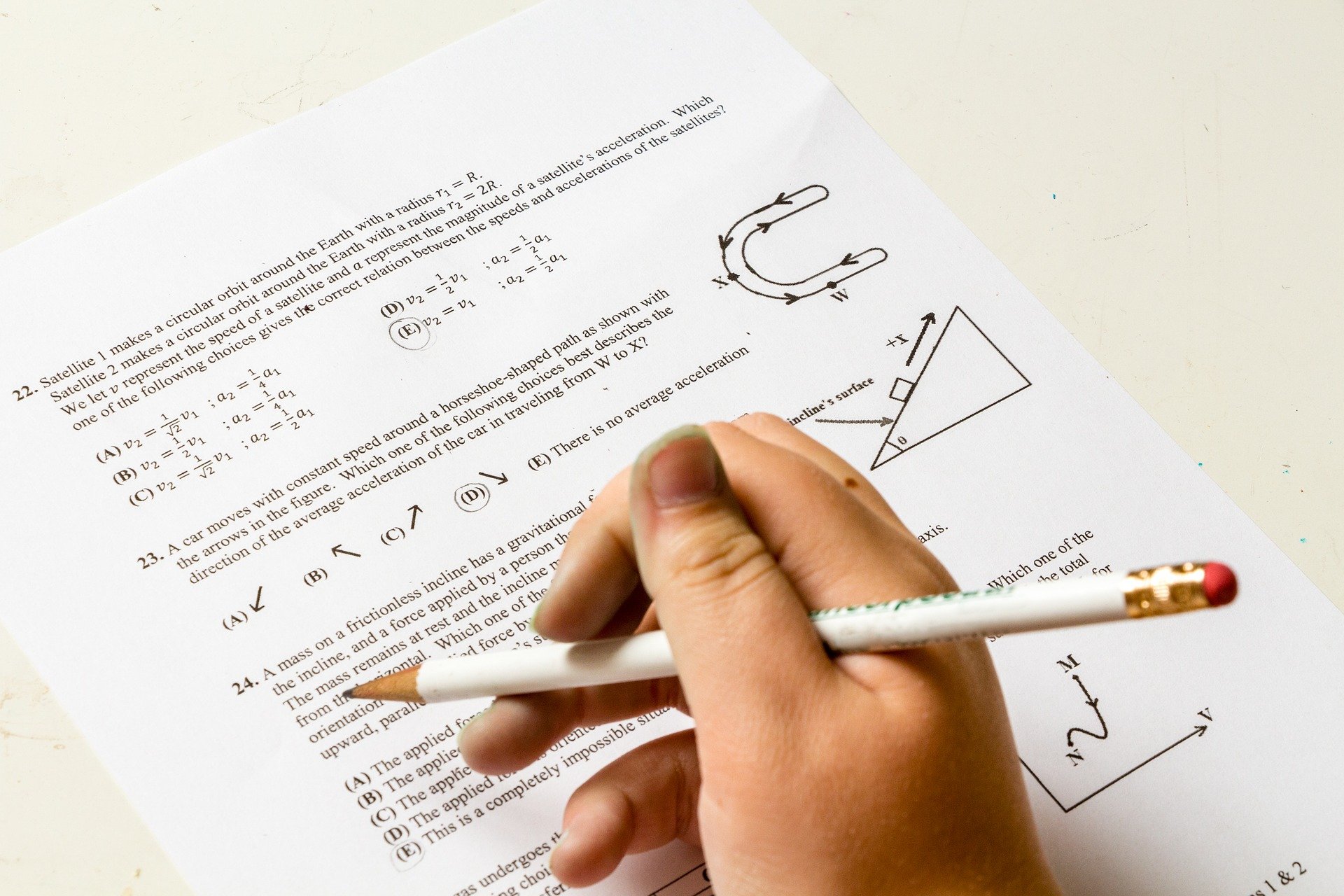Standardized Tests Fail to Provide Evidence for Student Success
The Education Department says federal standardized tests are needed to provide targeted support but there is little indication these tests have accomplished that

Asked about federally required standardized testing during his senate confirmation, Miguel Cardona said it’s important.
“If we don’t assess where our students are and their level of performance, it’s going to be difficult for us to provide targeted support and resource allocation in the manner that can best support the closing of the gaps that have been exacerbated due to this pandemic,” he said.
As Secretary of Education, he has stood by those words, and testing has begun in many districts, although the department has also been considering requests for waivers from parents as well as states. The move has drawn criticism from educators and researchers who say there is no evidence the tests help, even in non-pandemic years.
Standardized Tests Get a Failing Grade
“Test-driven education reform is a faith-based policy, it is not an evidence-based policy,” says Robert Schaeffer, executive director of FairTest: the National Center for Fair and Open Testing.
Jack Schneider, professor at UMass Lowell, spearheaded a letter to Cardona signed by 548 scholars and academic researchers urging the Education Department to reconsider its mandate to administer federally mandated standardized tests this spring. The testing “will exacerbate inequality and will produce flawed data,” the letter said.
“What the research tells us about standardized testing is that there's a strong relationship between demographic variables like student race, family income, parental educational attainment, and students' standardized test scores,” says Schneider, who is also co-founder of the Massachusetts Consortium for Innovative Education Assessment. “School is not the primary influence on student academic achievement as measured by standardized test scores. Out-of-school factors play a greater role. And therefore the use of standardized tests to hold schools accountable doesn't make a tremendous amount of sense.”
Andrew Ho, a professor at the Harvard Graduate School of Education, says evidence that federal standardized testing helps student achievement is “limited and theoretical.” However, he adds that it makes sense that we would want to monitor student proficiency in math and reading, and perhaps even things such as their mental health at the national level. “All of these things, we believe, may not improve as much if we aren't measuring them, but we don't have much evidence that says that measuring has helped,” says Ho.
Tools and ideas to transform education. Sign up below.
Critics say that in addition to these failings, the tests help reinforce inequity and cycles of poverty by penalizing schools that serve low-income students and negatively influencing property values in certain communities.
A New Standard for Standardized Tests
“I see a place for testing if we had no stakes tests that told us where we need to deliver additional resources,” Schneider says. “Not only would we get more out of the tests, but we can also do less testing. Part of why we have to test every kid every year is because they're using these for high-stakes purposes. It's a part of the theory of change that posits that schools and educators are not working hard enough and what they need is to have their feet held to the fire. We've got 20 years of evidence that that isn't the case. Educators aren't hiding their best lesson plans and waiting for somebody to threaten them.”
He adds, “Research suggests that if you got rid of the stakes, you would see less gaming. So you wouldn't see schools teaching to the test, you wouldn't see teachers doing endless test prep, you wouldn't see schools cheating.”
The letter Schneider and others wrote to Cardona suggests using new assessment models provided by the Massachusetts Consortium for Innovative Education Assessment or the National Education Policy Center’s Schools of Opportunity.
Similarly, FairTest advocates for significantly reducing the number of federally mandated tests, increased funding for alternative testing methods and having states rely on sampling to assess aggregate student progress. “If and when the federal education law comes up for reauthorization, which may be in the next Congress, that's what we'll be pushing for,” Schaeffer says.
This Year’s Standardized Testing
The decision to conduct this year’s standardized tests yet allow for waivers is particularly puzzling to many.
“The Department of Education's reaction to state waiver requests, to say it's inconsistent is a significant understatement,” Schaeffer says. “It's hard to understand why the District of Columbia did get a full, comprehensive waiver, but they would not give a similar waiver to say, Michigan, where these schools are shut down in Detroit.”
Significant questions about the accuracy of the tests abound, given the waivers and the uncertainty of the pandemic school year. “Will it be that we see more historically disadvantaged kids taking tests? We don't know,” Schneider says. “Will it be that we'll see kids who are more likely to be high achieving taking the test? We don't know.”
Tests could also be demoralizing to students who have been through a lot since the pandemic began. “Kids did an amazing job of keeping the faith with regard to school,” he says. “It's an insult to them to say, ‘Welcome back to school. Here’s an extended period of standardized testing. Here is the most disengaging side of school.’”
However, there are also those who argue standardized tests could be important this year.
Ho is a critic of the way federally mandated standardized tests are generally given, but says this year’s low-stakes approach is similar to the type of testing for which he and others have long advocated. He also believes the assessments have the potential to do more good than in the past given that the American Rescue Act will provide the largest infusion of federal education funding in history.
“We have this opportunity to sort of say, ‘Hey look, you don't have to test,’ and yet for everyone who wants to test, they can contribute some understanding of where our needs are greatest so that we can allocate some of the hundreds of billions of dollars that we have,” he says.
To make the data gathered this year valuable, Ho believes schools should use test scores from 2019 as a comparison point, though he admits this system won’t control for all the variables of this unusual testing year, especially if test turnout is low. “Our vision gets blurrier and blurrier the less testing we have, but in all cases, it is better than having the blur of nothing at all,” he says.
But Ho is not advocating business as usual with federal standardized tests this year. “If we report test scores, as we usually do, we will be like the Titanic heading for an iceberg,” he says.
Erik Ofgang is a Tech & Learning contributor. A journalist, author and educator, his work has appeared in The New York Times, the Washington Post, the Smithsonian, The Atlantic, and Associated Press. He currently teaches at Western Connecticut State University’s MFA program. While a staff writer at Connecticut Magazine he won a Society of Professional Journalism Award for his education reporting. He is interested in how humans learn and how technology can make that more effective.

